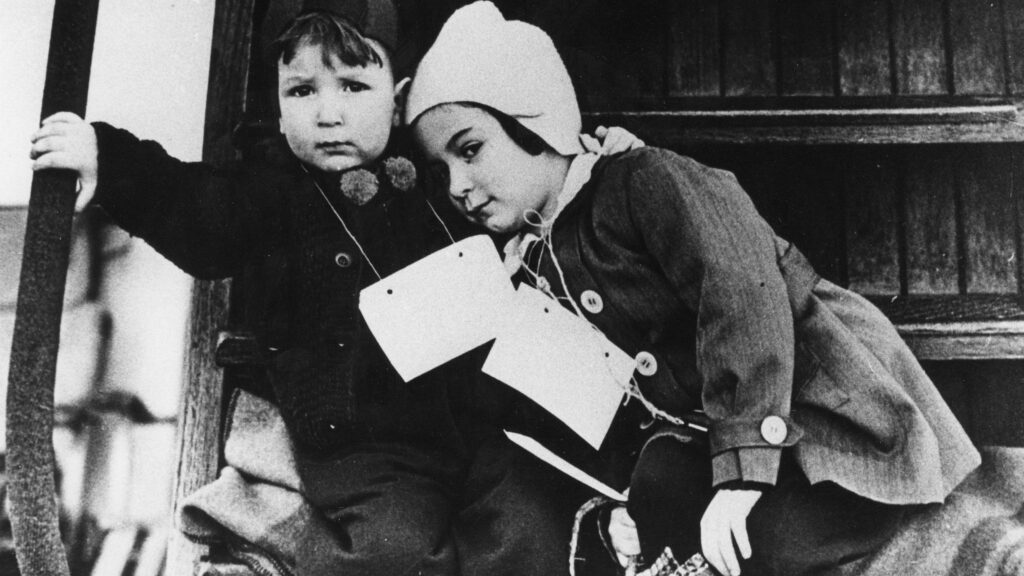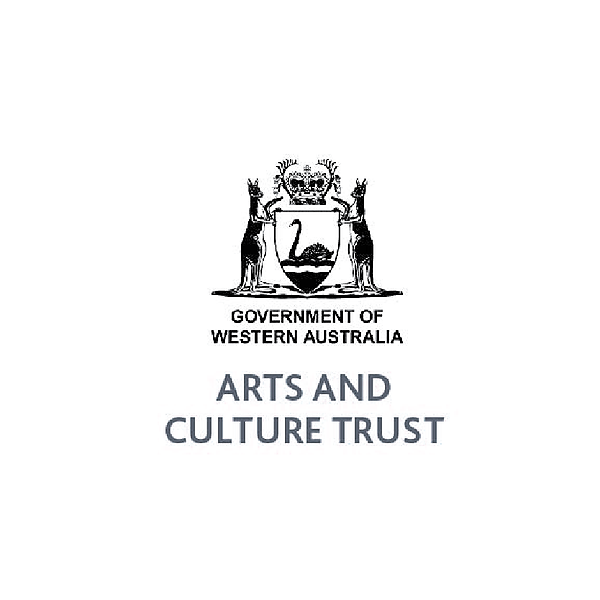
In a groundbreaking discovery, UK historian Amy Williams has unearthed previously unknown records of Jewish children rescued during the Kindertransport operation, challenging long-held assumptions by Holocaust experts. These documents, detailing the evacuation of approximately 9,000 children, were found deep within the archives of Yad Vashem, Israel’s Holocaust memorial and museum.
Williams, who serves as the Kindertransport scholar-in-residence at the Association of Jewish Refugees (AJR), identified the records in late 2024. They had been misfiled under a Dutch category for “foreign nationals” and were not catalogued under Kindertransport, making them difficult to locate. “I don’t think people found the records [because] they aren’t catalogued under Kindertransport and they exist within a file which has hundreds of other lists,” Williams explained.
Unveiling the Hidden Records
The Kindertransport, which took place between 1938 and 1940, saw some 10,000 Jewish children relocated from continental Europe to Britain and other countries. The newly discovered records include vital details such as children’s names, home addresses, dates of birth, parents’ names, chaperones’ names, Kindertransport numbers, and departure dates. Some records even list the British host families assigned to the children.
These documents were originally created by Jewish communities in countries like Germany, Austria, Poland, and Czechoslovakia. They were then sent to the Dutch Kindertransport committee and border guards to facilitate the children’s passage through the Netherlands. “The records were created by the Jewish communities in each child’s homeland… to ensure that the transports had permission to travel,” Williams noted.
Impact on Survivors and Historical Understanding
The discovery has had a profound impact on survivors, including Hanna Zack Miley, a 92-year-old who was rescued on a Kindertransport. “I am still feeling the reverberations of seeing my details on the Kindertransport list. Reclaiming the past is an ongoing journey for me,” Miley shared. For her, the records provide a sense of authentication and a deeper understanding of both her losses and her survival.
Williams hopes these records will eventually be housed at the UK-based Association of Jewish Refugees and World Jewish Relief, making them accessible to survivors and their descendants. The documents also reveal the extensive efforts by various organizations worldwide to rescue Jewish children, highlighting the global nature of the Kindertransport operation. “What [the documents] show you is the extent to which all the different organizations were desperately trying to get people out to so many different places,” Williams stated.
Broader Implications and Future Research
The historian’s work with the Central Archives for the History of the Jewish People at the National Library of Israel continues to uncover new insights. Williams is identifying names of children rescued from Austria and sent to countries like the UK, France, Belgium, and Australia. She anticipates further announcements regarding these findings.
Moreover, Williams discovered Kindertransport lists of children who left Croatia for British Mandate-era Palestine, expanding the understanding of the operation’s geographical scope. “We often think of the Kindertransport as a Western European scheme, but… the scheme was much broader and more extensive,” she emphasized.
Chilling Discoveries and Historical Significance
In a chilling twist, Williams identified another set of Kindertransport lists created by German authorities. Some children’s names appear on both the rescue and deportation lists, indicating that they were later sent to concentration and death camps. “Some of the children who were on Dutch Kindertransports were later deported to the concentration camps and death camps. Many did not survive. These were Kindertransports to death,” Williams revealed.
The discovery of these records is of immense historical significance, offering answers to questions that many Jewish families have carried for generations. “For those people who were on the Kindertransport but have since passed away, it will allow their children, their grandchildren, and great-grandchildren to learn more about their family origins and the historic train journey that gave them freedom,” said William Niven, a professor of German history at Nottingham Trent University.
As Williams continues her research, the Kindertransport records promise to shed light on untold stories of survival and loss, enriching the historical narrative of one of the most significant rescue operations of the 20th century.






